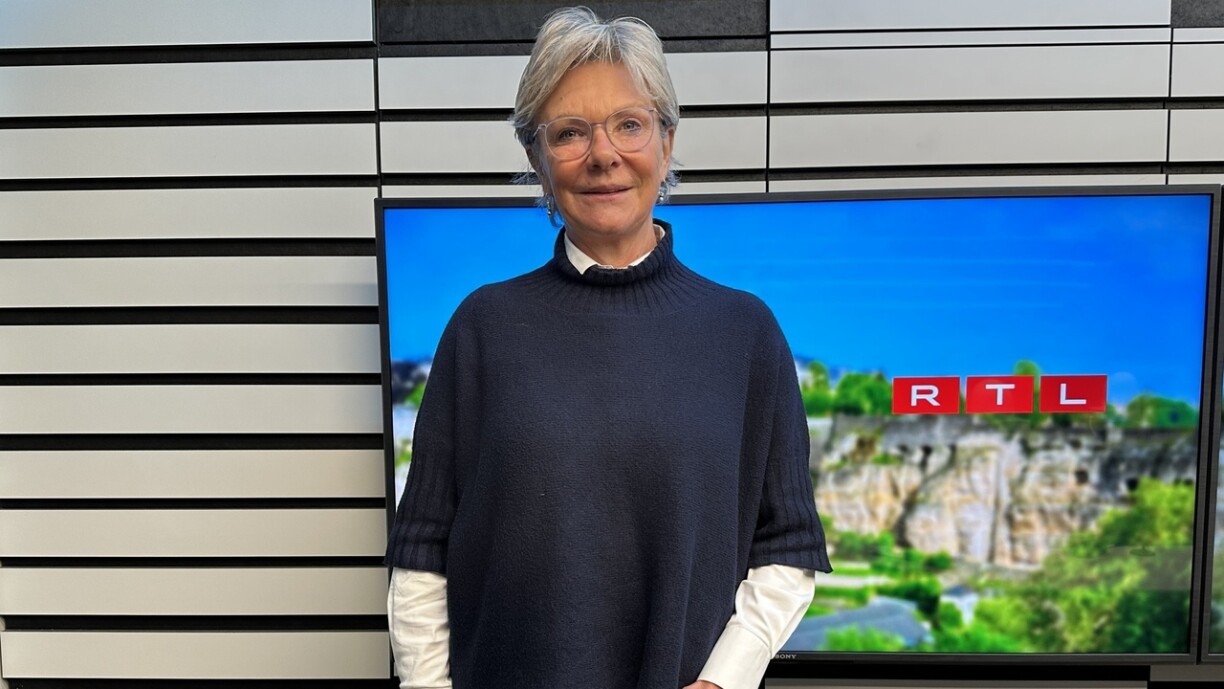
On Saturday, Minister of Agriculture Martine Hansen spoke with our colleagues from RTL Radio about the future of farming in Luxembourg.
“We are likely to see larger farming businesses in the future,” Minister Hansen stated, referencing a survey which revealed that 44% of farmers in Luxembourg currently do not have a successor. There are still around 1,800 farms operating in the Grand Duchy.
Regarding production, Hansen emphasised that milk and meat would continue to dominate Luxembourg’s agricultural sector, given the country’s grassland-rich geography. However, she noted that there is still potential for growth in fruit and vegetable cultivation.
Hansen explained that Luxembourg’s limited production of fruits and vegetables is largely due to its geographical location, which makes it challenging to grow certain crops. Additionally, the labour-intensive nature of fruit and vegetable farming often requires seasonal workers. To support local farmers, the government plans to introduce subsidies, particularly for greenhouse construction.
These greenhouses would allow for the cultivation of crops like bell peppers, cucumbers, and herbs, Hansen said. A specific law is being prepared to facilitate these changes, though she declined to provide exact figures, as the proposal is still under discussion in the Government Council.
The Minister also highlighted the importance of subsidies in Luxembourg’s agricultural sector. Without financial support, only a few large dairy farms would be able to survive, she noted. Going forward, subsidies will likely continue to be allocated based on farm size, a straightforward and comparable criterion, Hansen said.
On the issue of capping the livestock population, Hansen expressed regret that the previous government set a target to reduce ammonia emissions by 22% by 2030, compared to 2005 levels. Currently, Luxembourg has only achieved a 6% reduction. However, Hansen stressed that the target must be met to avoid potential penalties from the European Commission.
Hansen sees significant potential in farm management and believes farmers should be allowed to manage their land in a way that makes the most sense for their operations, without being burdened by excessive constraints.
On the topic of production, Hansen argued that it is not accurate to simply claim that certain goods are overproduced. In her view, exporting products abroad is beneficial, as it helps address shortages in other countries.
Regarding organic farming, Hansen criticised the “unrealistic” targets set under the previous government. The Organic Action Plan aims for 20% of agricultural land in Luxembourg to be farmed organically by 2025, but the current figure stand at just 7.7%. Hansen pointed out that farmers cannot be forced to switch to organic farming through bonuses alone. As a solution, she suggested partial conversion, allowing farmers to gradually transition to organic methods.
Hansen also addressed the issue of glyphosate, stating that the government does not plan to pursue a ban on the herbicide. While the previous government had considered a ban, it later backtracked. Concerning water protection around the Upper Sûre Lake, Hansen expressed regret that there are now fewer cattle grazing on the meadows. The government plans to engage with local farmers to address this issue. Additionally, in collaboration with the Ministry of the Environment, Hansen’s ministry is exploring the possibility of extending the period during which manure can be spread. She noted that climate change has altered vegetation periods, causing grass to grow longer than it has in the past.
Hansen mentioned that the laboratories of the Administration of Technical Agricultural Services (ASTA) are set to relocate from Ettelbruck to the Agricultural School in Gilsdorf. However, she acknowledged that planning for the move has not progressed as quickly as expected. She emphasised the urgency of the relocation, citing mould issues in the current Ettelbruck premises.
Minister Hansen acknowledged that administrative simplification is not advancing as quickly as the government would like, primarily due to the lengthy procedures in Brussels. She expressed hope that designated Agriculture Commissioner Christophe Hansen would provide solutions to these delays. At the national level, the government plans to introduce the Once-Only Principle. Hansen’s ministry is also working to make state-collected data more accessible to farming enterprises, emphasising the need to offer farms greater predictability, especially given the significant investments required in agriculture.
On the subject of international trade agreements, Hansen stressed the importance of ensuring that rules apply equally to comparable products. She warned that without such fairness, businesses from European countries could be placed at a disadvantage.
Regarding the relationship between her ministry and the Ministry of the Environment, Hansen rejected the notion that the Ministry of Agriculture is now dominating environmental matters. Instead, she emphasised that the goal is to advance both nature conservation and agriculture in tandem, ensuring that both sectors benefit from sustainable development.